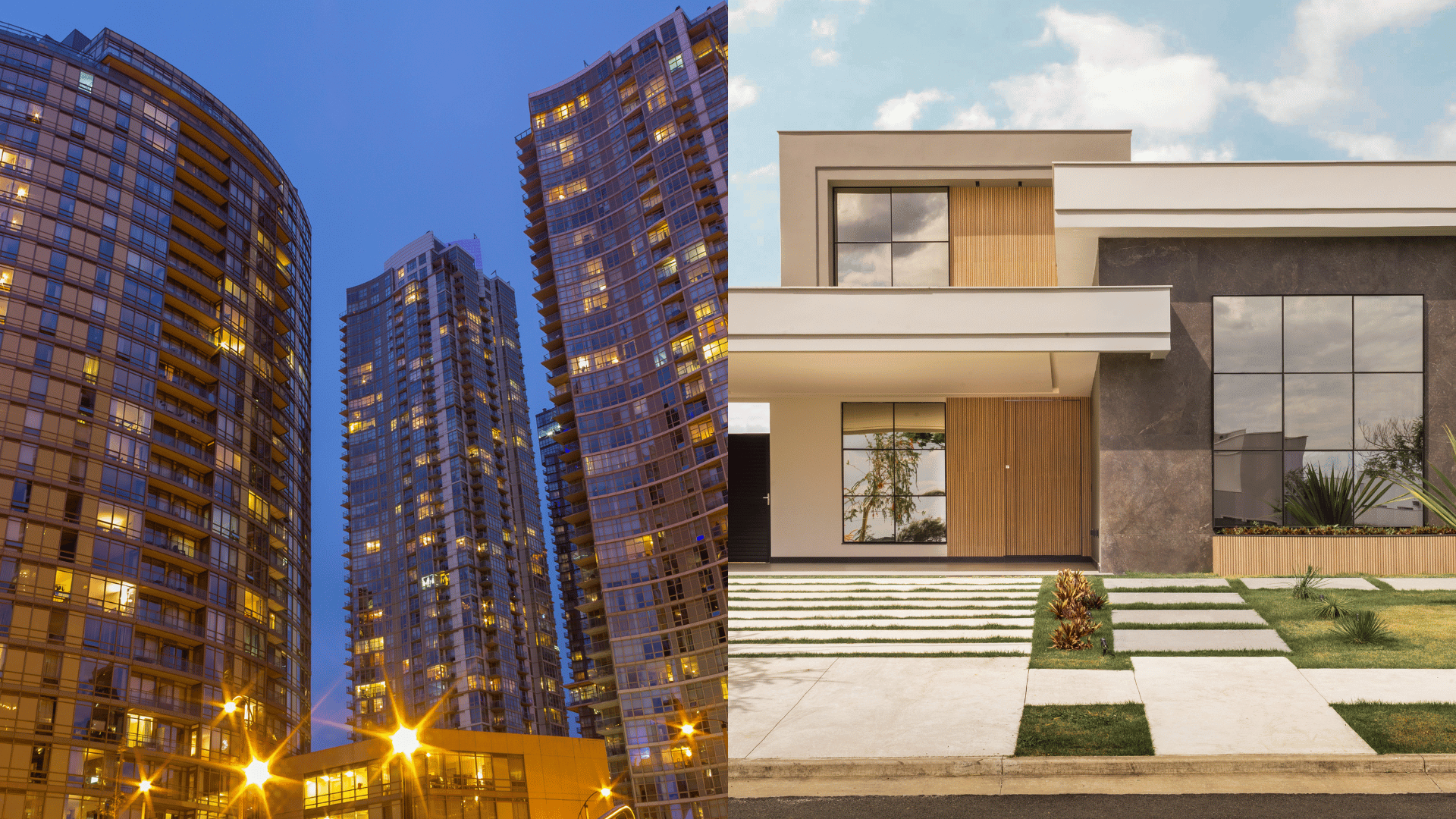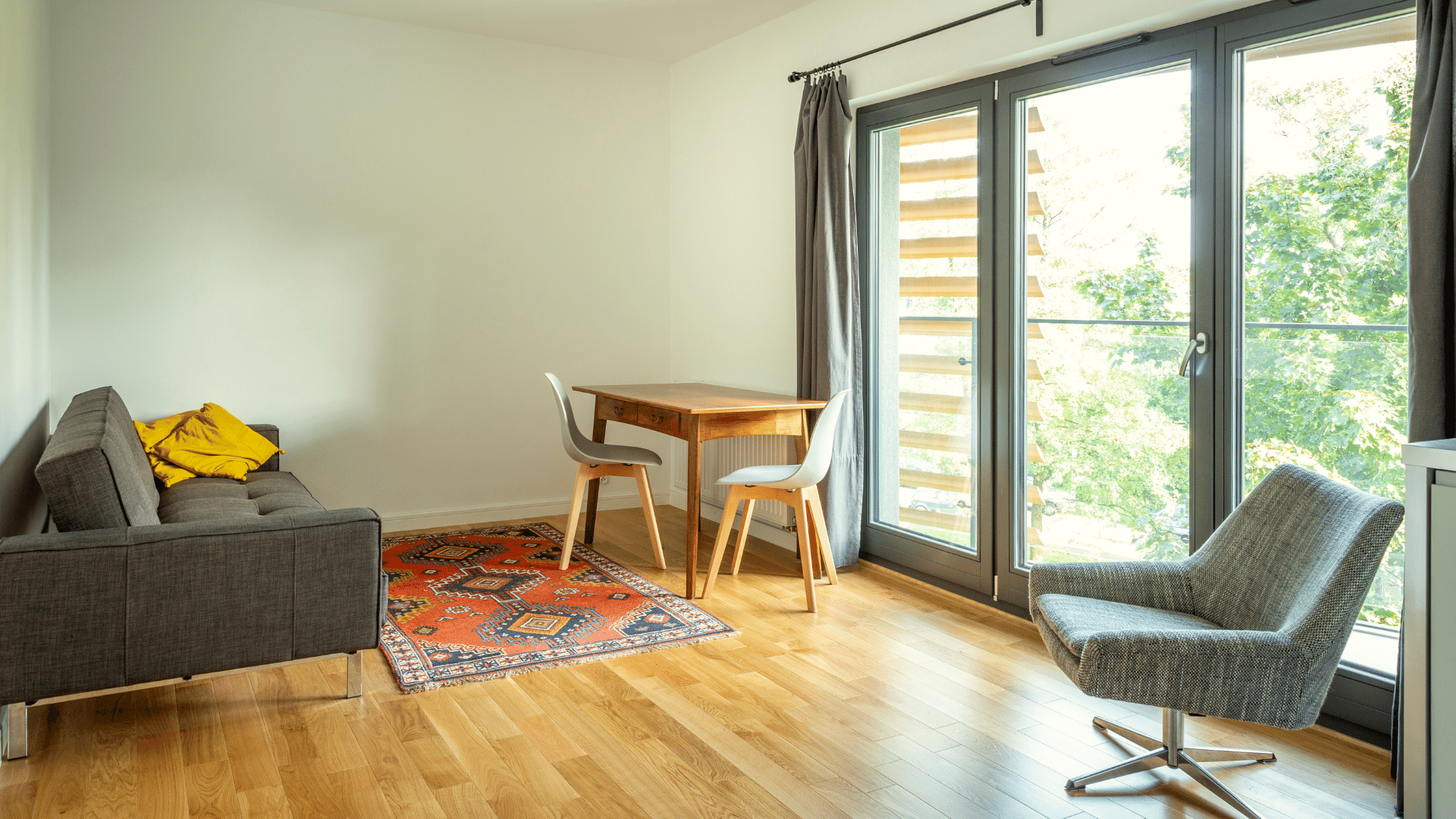Choosing between a condo unit and a house and lot depends on various factors, including your lifestyle, preferences, and financial situation. Here are some key considerations to help you decide which property is right for you.
Lifestyle
Consider your lifestyle and preferences. Condos are often more suitable for individuals or small families who prefer a low-maintenance lifestyle. They typically offer amenities such as swimming pools, gyms, and security services, making them ideal for those who value convenience and leisure.
On the other hand, a house and lot may be more suitable for larger families or those who prefer more space and privacy for outdoor space. Houses usually have larger living spaces, yards, and gardens, providing more room for outdoor activities and gatherings.
Location
Consider the location of the property. Condos are often located in urban areas, close to commercial and business districts, schools, and other amenities. This makes them ideal for those who prefer to be close to the city center and have easy access to transportation and services.
On the other hand, houses and lots are often located in suburban or rural areas, offering a quieter and more relaxed environment. Consider your daily commute, access to schools, and proximity to essential services when choosing the location of your property.
Budget
Consider your budget and financial situation. Condos are often more affordable than houses and lots, making them a more accessible option for first-time buyers or those with a limited budget. Condos also typically have lower maintenance costs, as the building management takes care of common areas and facilities.
However, houses and lots may offer better long-term value and appreciation than condo property, as land tends to appreciate over time. Consider your financial goals and long-term plans when deciding which property is right for you.
Ownership
Consider the type of ownership that suits you best. Condos are typically owned through a condominium corporation, where owners have a share in the condominium unit, common areas, and facilities. This means that you have less control over the property and may be subject to the rules and regulations set by the condominium corporation. On the other hand, houses and lots are typically owned outright, giving you more control and freedom to make changes and modifications to the property.
Future Plans
Consider your future plans and lifestyle. If you plan to start a family or have a growing family, a house and lot may be more suitable, as they offer more space and privacy.
On the other hand, if you prefer a low-maintenance lifestyle and value convenience and amenities, a larger condo building may be a better option. Consider your long-term goals and lifestyle when choosing the type of property that is right for you.
Philippine real estate today is more than just an investment.
Philippine real estate today is more than just an investment; it's a reflection of the country's economic growth, evolving lifestyle preferences, and changing demographics. The real estate sector in the Philippines has experienced significant growth in recent years, driven by factors such as urbanization, rising incomes, and increased demand for residential and commercial properties.
One of the key drivers of the real estate market in the Philippines is the country's strong economic growth. The Philippines has consistently been one of the fastest-growing economies in Southeast Asia, with GDP growth averaging around 6% in recent years. This has led to increased consumer spending, rising incomes, and a growing middle class, all of which have contributed to the demand for real estate.
Another factor driving the real estate market in the Philippines is urbanization. As more people move to urban areas in search of better job opportunities and a higher standard of living, the demand for residential and commercial properties in cities like Manila, Cebu, and Davao has increased significantly. This has led to the development of new residential and commercial projects, as well as the revitalization of existing neighborhoods and districts.
Changing lifestyle preferences and demographics have also played a role in shaping the real estate market in the Philippines. As the country's population becomes younger and more affluent, there is a growing demand for modern, high-quality residential properties that offer amenities such as swimming pools, gyms, and security services.
There is also a growing interest among condo owners in mixed-use developments that combine residential, commercial, and retail spaces, as well as sustainable and eco-friendly properties that promote a healthier and more environmentally friendly lifestyle.
In addition to these factors, the Philippine real estate market is also being shaped by government policies and initiatives aimed at promoting sustainable and inclusive growth. For example, the government has implemented programs such as the Comprehensive Land Use Plan and the National Housing Development Program, which aim to address the country's housing backlog and promote sustainable urban development.
The government has also implemented tax incentives and other measures to encourage investment in the real estate sector, such as the Real Estate Investment Trust (REIT) Act, which allows investors to invest in real estate properties through publicly traded companies.
Overall, the Philippine real estate market is more than just an investment; it's a reflection of the country's economic growth, evolving lifestyle preferences, and changing demographics.
As the country continues to grow and develop, the real estate sector is expected to remain a key driver of economic growth and a source of investment opportunities for both local and foreign investors.
Good Long-Term Investment
Real estate is often considered a good long-term investment for several reasons:
Appreciation
Real estate properties tend to appreciate in value over time, especially in areas with strong economic growth and high demand. This can provide investors with a steady increase in the value of their investment over the long term.
Rental Income
Real estate properties can generate rental income, providing investors with a steady stream of passive income. The costs of owning the home, including the monthly mortgage payment, other payments, property taxes, and maintenance expenditures, may be somewhat offset by this.
Diversification
Real estate can be a valuable addition to an investment portfolio, providing diversification and reducing overall risk. Unlike stocks and bonds, which are subject to market volatility, real estate tends to be less volatile and can provide a stable source of income and capital appreciation over the long term.
Leverage
Real estate properties can be purchased using leverage, which allows investors to control a larger asset with a smaller initial investment. This can amplify the returns on the investment, as any increase in the value of the property is applied to the entire value of the property, not just the initial investment.
Tax Benefits
Tax benefits for real estate investors include depreciation, mortgage interest deductions, and property tax deductions. These tax advantages may lower the investor's overall tax obligation and raise the investment's after-tax return.
Hedge Against Inflation
Real estate can serve as a hedge against inflation, as the value of real estate tends to increase with inflation. This can help protect the purchasing power of the investment over the long term.
Tangible Asset
Real estate is a tangible asset, meaning it has intrinsic value and can be used for various purposes, such as your own living space, working, or recreation. This can provide investors with a sense of security and stability, as they have a physical asset that can be used and enjoyed.
Control
Real estate investors have more control over their investments compared to other types of investments, such as stocks and bonds. Investors can make decisions about the property, such as renovations, improvements, and rental rates, that can directly impact the value and performance of the investment.

.png)




